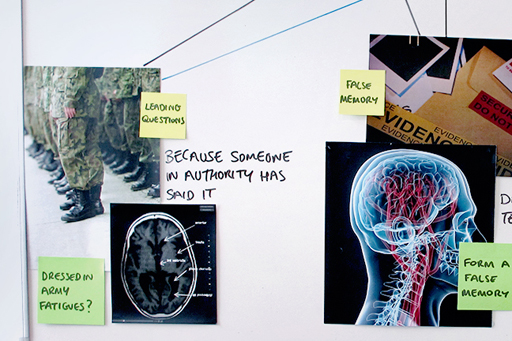2 Psychology of interviewing

It is very easy to alter someone’s memory, even cause them to create an entirely false memory, by asking a leading question containing post-event information.
When assessing DI Bullet’s interviews, you saw the problem of suggestibility and leading questions. Just think about some of the questions he asked, such as ‘This driver guy, the one who was the leader. He was a big guy right? Dressed in army fatigues, and with an army-like hair cut?’, which contains several elements not mentioned by the witness. Although such questions may seem a quick way of confirming whether something is correct or not, they may cause the witness to incorporate the suggested information into their memory and/or confirm the information because someone in authority has said it.
So, psychological research has certainly helped the police in terms of knowing how not to ask a question, but has it supplied any useful techniques that might actually help witnesses remember more accurate information?
In the next section, you will find out about a technique called ‘context reinstatement’.
